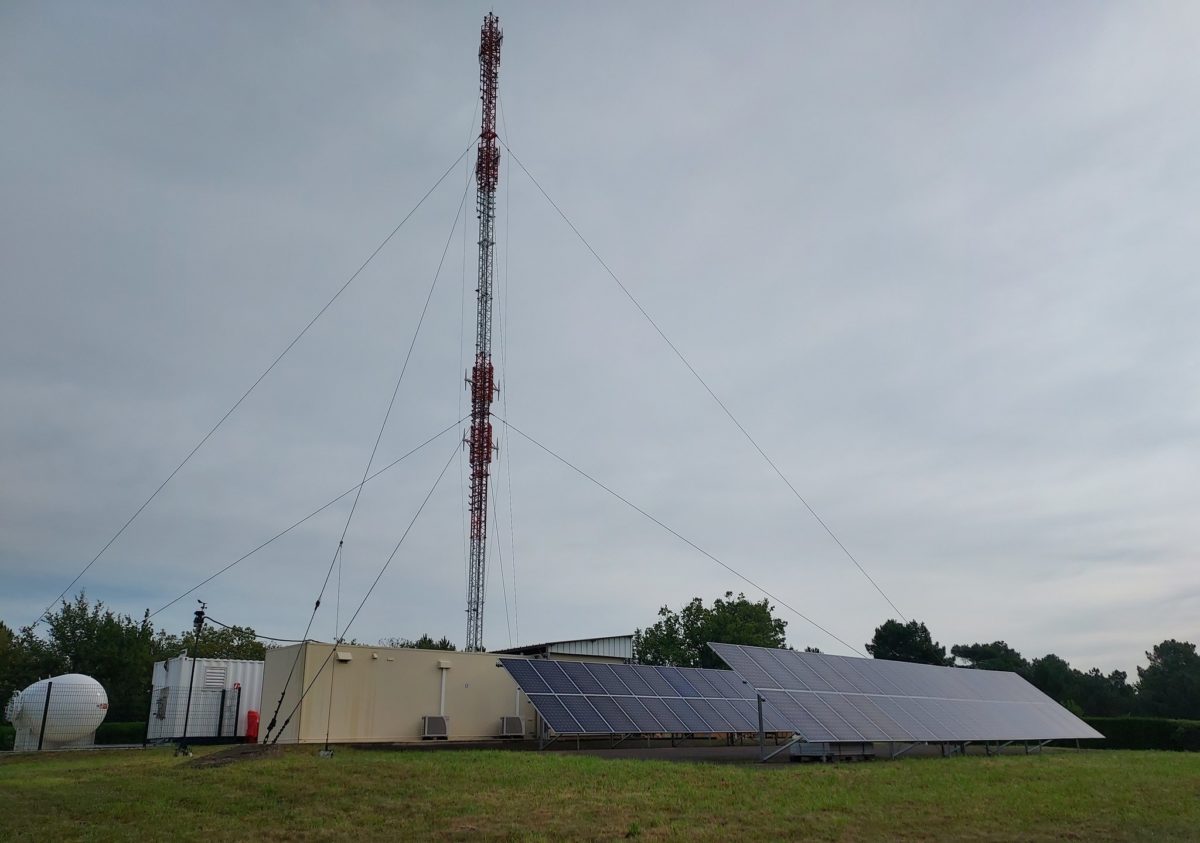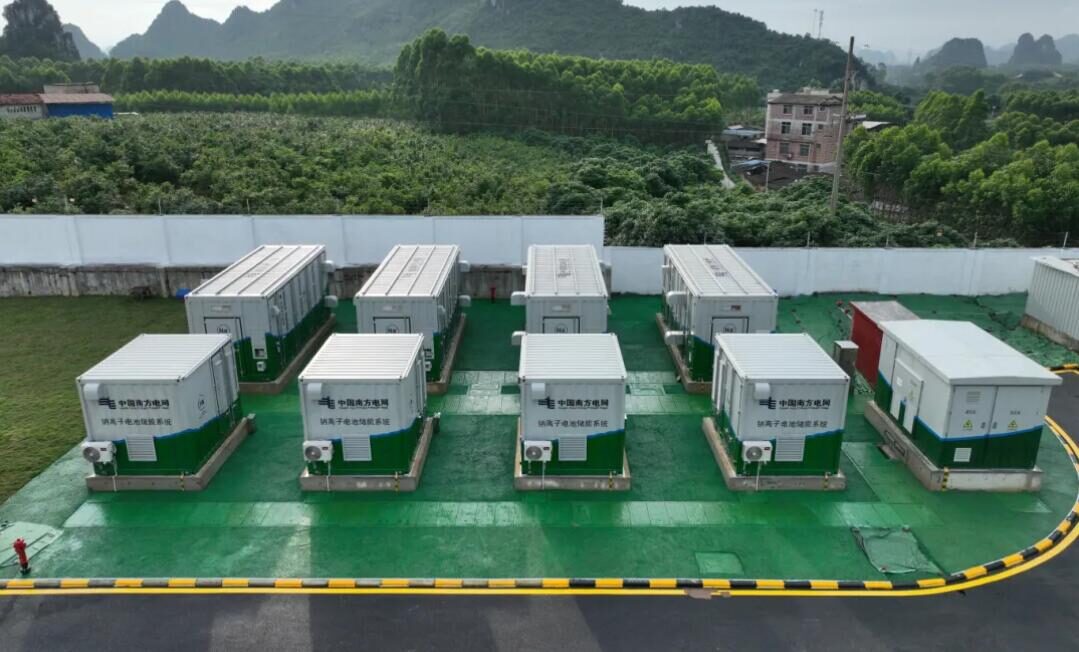Bouygues Energie & Services, a unit of French industrial conglomerate Bouygues, has built a solar-powered hydrogen facility at a site operated by the Bordeaux Area Control Centre (ACC) in Sarlat, in the Dordogne department in Nouvelle-Aquitaine in southwestern France.
Developed with the support of the Direction des Services de la navigation aérienne (DSNA), which is the French government agency responsible for air traffic control, communication and information, the Be Greener hydrogen pilot project is intended at powering the site's radio communication antenna, which was previously operated through an off-grid power generator.
The system was built with two fuel cell systems with a capacity of 2.2 kW each, a 5 kW electrolyzer, and lithium nickel-cobalt-aluminum oxide (NCA) batteries with a storage capacity of 23.4 kW.
The 19.8 kW PV system is used mainly to provide power directly to the antenna and, when it produces more energy than needed, the surplus is used to produce hydrogen which is then utilized to produce new electricity via a fuel cell system and provide power to the antenna during a period of up to five days.
If the energy needs to be stored for periods that are shorter than 24 hours, however, excess electricity can be stored in lithium-ion batteries for short-term storage. “The system is expected to reduce non-renewable primary energy consumption by 78% and greenhouse gas emissions by 79% compared to a conventional diesel generator solution,” said Caroline Mazzoleni, deputy director of smart energy at Bouygues Énergies & Services.
The system was constructed at a cost of €680,000, with the electrolyzer and the fuel cell system requiring €110,000 and €180,000, respectively. Partners in the project were, French start-up PowiDian, and BG Consulting Engineers.
This content is protected by copyright and may not be reused. If you want to cooperate with us and would like to reuse some of our content, please contact: editors@pv-magazine.com.




1 comment
By submitting this form you agree to pv magazine using your data for the purposes of publishing your comment.
Your personal data will only be disclosed or otherwise transmitted to third parties for the purposes of spam filtering or if this is necessary for technical maintenance of the website. Any other transfer to third parties will not take place unless this is justified on the basis of applicable data protection regulations or if pv magazine is legally obliged to do so.
You may revoke this consent at any time with effect for the future, in which case your personal data will be deleted immediately. Otherwise, your data will be deleted if pv magazine has processed your request or the purpose of data storage is fulfilled.
Further information on data privacy can be found in our Data Protection Policy.